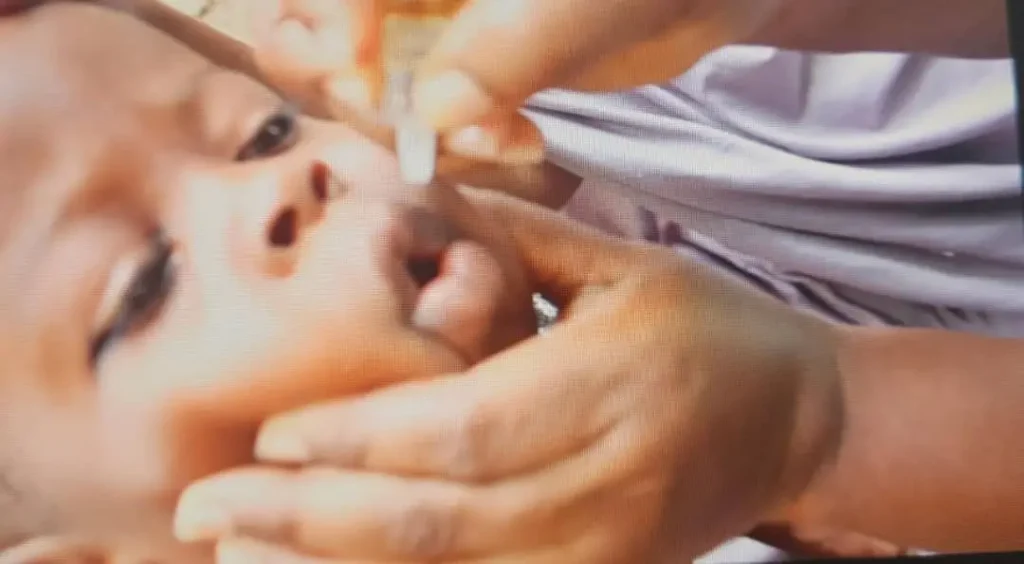Ghana’s ongoing battle against vaccine-preventable diseases has received a significant boost with the Global Alliance for Vaccines and Immunization (GAVI) approving the country’s application for the Hepatitis B birth dose vaccine. This development marks a crucial step forward in Ghana’s public health strategy, aiming to significantly reduce mother-to-child transmission of the Hepatitis B virus, a prevalent health concern affecting an estimated 2.8 million Ghanaians and responsible for approximately 14,000 deaths annually. The introduction of the birth dose vaccine, slated for September 2025, is expected to dramatically alter the trajectory of Hepatitis B in the country, offering newborns immediate protection and contributing to the long-term goal of eliminating the virus.
GAVI’s CEO, Dr. Sania Nishtar, commended Ghana’s enduring commitment to immunization programs, highlighting the nation’s consistent success in maintaining high coverage rates for essential vaccines like DPT. Ghana’s proactive approach to expanding its vaccine portfolio, including the introduction of thirteen antigens into routine programs and the anticipated launch of the HPV vaccine, underscores the country’s dedication to protecting its citizens from preventable diseases. Dr. Nishtar reaffirmed GAVI’s continued partnership with Ghana, emphasizing the organization’s support for the upcoming rollout of both the Hepatitis B birth dose and HPV vaccines. This collaborative effort signifies a shared vision for strengthening public health infrastructure and ensuring equitable access to life-saving vaccines.
The introduction of the HPV vaccine, alongside the Hepatitis B birth dose, further solidifies Ghana’s comprehensive approach to disease prevention. Targeting the human papillomavirus, a leading cause of cervical cancer, the HPV vaccine promises to significantly reduce the incidence of this devastating disease, particularly among women. This dual vaccine rollout represents a pivotal moment in Ghana’s public health journey, demonstrating a proactive strategy to combat major health threats and safeguard the well-being of its population. This proactive approach aligns with Ghana’s broader vision of building a resilient health system capable of addressing current and future health challenges.
Ghana’s Health Minister, Kwabena Mintah Akandoh, welcomed GAVI’s endorsement, recognizing the transformative potential of these new vaccines in bolstering the nation’s public health system. He emphasized the importance of tackling chronic liver disease and cervical cancer, two significant health burdens in Ghana, and expressed gratitude for GAVI’s technical and financial support in making these vaccines accessible. Minister Akandoh also acknowledged the importance of transitioning towards financial independence in health sector funding, signifying Ghana’s commitment to sustainable healthcare solutions and long-term national ownership of immunization programs.
Looking ahead, Ghana is actively pursuing strategies to ensure the sustainability of its immunization efforts. Recent initiatives, including the removal of the National Health Insurance Levy (NHIL) cap and a 13% increase in the 2025 health budget, demonstrate the government’s commitment to prioritizing health investments. Further efforts are underway to secure dedicated budget lines for vaccines, reinforcing the importance of predictable and sustainable funding for immunization programs. While acknowledging the crucial role of continued support and advocacy from partners like GAVI, Ghana’s proactive approach to securing domestic funding reflects a commitment to taking ownership of its health security.
Ghana’s remarkable progress in vaccine delivery over the past two decades, achieved with GAVI’s support, has resulted in significant advancements in public health. The introduction of multiple antigens, elimination of several childhood diseases, and improved access to vaccines in remote communities all underscore the effectiveness of sustained investment and strategic partnerships. As Ghana progresses towards transitioning from GAVI aid by 2030, the rollout of the Hepatitis B and HPV vaccines symbolizes the country’s dedication to public health resilience and the commitment to assuming full financial responsibility for its immunization programs. This transition signifies a significant milestone in Ghana’s journey towards building a self-sufficient and robust health system capable of protecting its population from preventable diseases.


